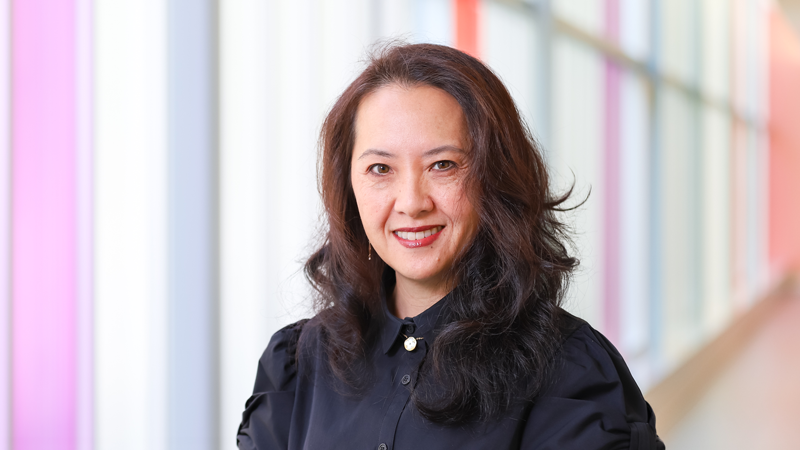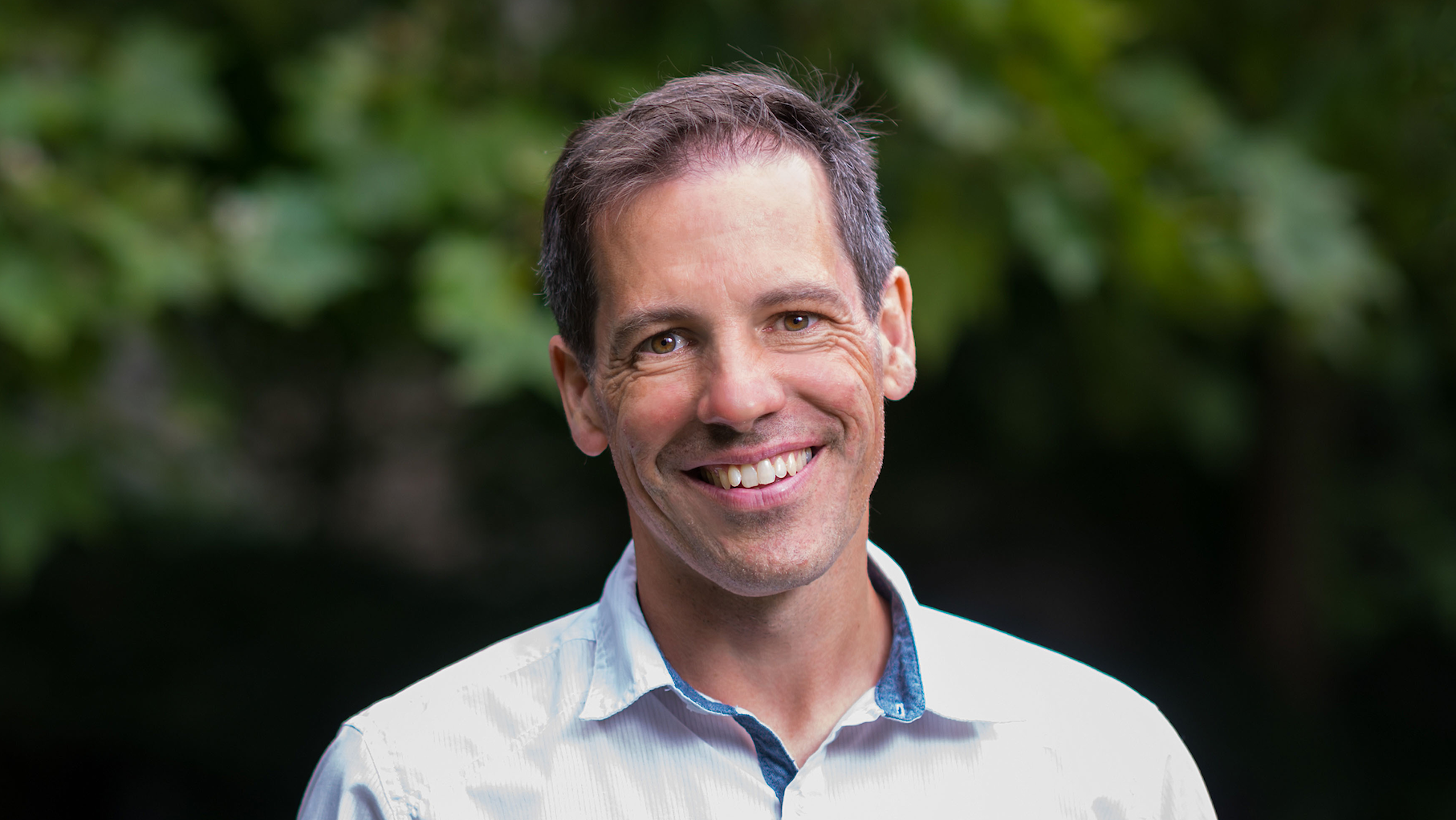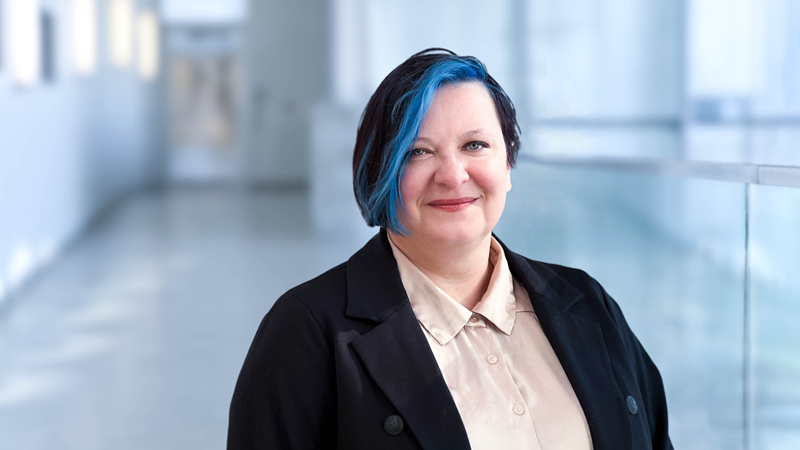
It snowed in May one year when Dr. Lakshmi Yatham was working as a junior faculty member in psychiatry at Dalhousie University in Halifax. In search of warmer weather, he began to consider returning to India when an unexpected opportunity for an academic position in Vancouver changed everything. He fled waist-deep snow in Halifax to attend an interview at UBC in February, where instead of towering snow banks, he encountered sprouting flowers and mountainous vistas. That was more than 25 years ago, and he never looked back.
Dr. Yatham has spent much of his career focusing on bipolar disorder. He believes that bipolar disorder is the most biologically-based mental illnesses and is the one that is most likely to see the biggest breakthroughs in psychiatric medicine. He is passionate about the difference that treatment can make in the lives of people living with bipolar disorder.
Who inspires you and why?
My inspiration is my mentor Ted Dinan, a psychiatry professor at the University College Cork, Ireland. He’s the one who got me into research. One of the unique things about Ted is that he’s someone who has this uncanny ability to almost see the future. Whatever he’s working on now is going to be the most popular thing five years on. He started working on gut microbes six or seven years ago. It’s the big thing now. Everybody’s talking about the bugs in our gut that influence everything from depression, to anxiety, to Alzheimer’s, cancers — everything.
For you, what makes UBC different?
Lots of things make UBC different. One is that UBC is a very ethnically diverse, multicultural university.
The second thing is that the Department of Psychiatry, as part of the only medical school for all of BC, is probably one of the most geographically diverse departments in Canada, if not North America or the world.
The third thing is the university’s unique location. We’re a gateway to the Pacific Rim countries, which provides wonderful opportunities for us to collaborate with researchers in China, Japan, Australia, Taiwan, etc. Through these collaborations, we can not only learn and advance research but also influence psychiatry practice in many parts of the world.
How do you like to recharge?
I play tennis and golf. Any time I’m feeling overwhelmed, taking time to play golf or tennis helps. Often, at the end of a long day, when I am feeling exhausted and don’t feel like doing anything, sometimes, I force myself to go to the tennis club either to work out or play tennis and that makes me feel completely refreshed.
Best piece of advice:
For myself, I read a quotation that goes something like this: “Worrying is like paying debt that you don’t owe.” I try to remind myself that my worrying has zero impact in terms of the outcome. If anything, worry is going to affect me negatively, rather than helping to solve the problem.
In terms of young people, my advice is focus. If you have a million ideas and you go many different ways, you’re never going to be an expert. You’ve got to figure out what you like the most and then try to focus.
For leaders, once you’re in a leadership position, it’s not about you anymore; it’s about other people. Try to do what you can to help people realize their full potential. If you do that, then things will fall into place. Looking after people is the bottom line.
First job:
My first job was an intern after medical school in Bangalore, India.
Secret talent:
I’m actually a good cook. I don’t usually cook, but I have the ability to make good food.
As the head of the Department of Psychiatry, what are your main goals or aspirations?
One of the things that we want to do is further build upon the close working relationships that the Faculty of Medicine has fostered with the provincial ministries of health and mental health and addictions. We want to positively enhance and support health care planning and delivery within BC that is evidence-based in order to improve outcomes for our patients with mental health conditions.
The second thing would be to build greater expertise in areas that will have significant impact in terms of improving patient care and outcomes. We have some expertise in early intervention strategies and we want to build on this both from the research and the clinical perspective in order to facilitate better outcomes for our patients. Another key area is concurrent disorders, (people who have psychiatric illnesses along with substance use disorders). These people often seem to fall between the cracks in terms of access to evidence based healthcare, and we want to build expertise in this area to support people with such conditions.
Finally, in the Department of Psychiatry, we have 700 clinical faculty distributed throughout the province and I want to improve our efforts to engage with them, so they feel that they’re an integral part of the department, contributing to teaching, research and clinical care.
Favourite spot in BC?
I like the Okanagan. I very much enjoy going to Kamloops, Osooyos and Vernon. I like the wineries, all those orchards and, of course, the boating and other recreational activities. That area also has beautiful golf courses.
Published: October 2019


